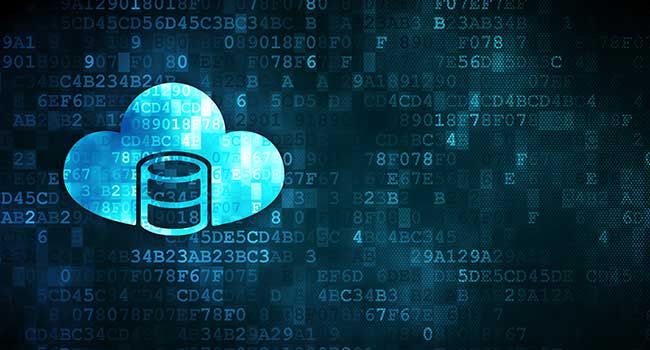
Store Data Overseas? What CSPs Need to Know About Microsoft's SCA Challenge
An upcoming ruling by the Supreme Court of the United States (SCOTUS) may drastically change how and where CSPs decide to store customer data.
- By Brad Thies
- Dec 11, 2017
Data transcends national borders. A cloud service provider (CSP) may host a user's data next door, or it may store it halfway around the world. But an upcoming ruling by the Supreme Court of the United States (SCOTUS) may drastically change how and where CSPs decide to store customer data.
Today, most CSPs algorithmically determine where to cost-effectively store information. Recently, however, governments have begun to impose border-based restrictions on the transmission and storage of cloud data. To avoid local laws that may compromise customers' data, CSPs like Microsoft are now letting customers decide where their data is stored.
Depending on the outcome of United States v. Microsoft Corp., though, a customer-directed approach may not suffice. At the case's heart is the question of whether the U.S. government can compel CSPs to produce data that, according to where it's physically stored, falls under another nation's jurisdiction.
The case began with a warrant that, under the Stored Communications Act (SCA), required Microsoft to produce a private citizen’s emails in conjunction with alleged drug trafficking. But because those emails were stored on an Irish server, Microsoft argued that disclosing them would be an illegitimate extraterritorial application of the SCA. District and appellate courts issued conflicting rulings, leading the SCOTUS to grant certiorari in October.
Nestled within this case are issues of jurisdictional applicability, data stewardship, and customer privacy. More broadly, this case and other national events — the government's expectation that Apple unlock iPhones after the San Bernardino attack, Facebook's role in hosting fake news stories that may have shaped the 2016 election, etc. — call into question how responsible tech companies ought to be for their users' content.
How CSPs Can Prepare
Unsurprisingly, infrastructure-as-a-service (IaaS), platform-as-a-service (PaaS), and software-as-a-service (SaaS) companies are watching the case closely. In the meantime, however, they must protect themselves and their customers from the inevitable legal challenges that will stem from the ruling.
1. Know the data laws where data is stored and where customers reside.
CSPs that operate internationally — IaaS providers, in particular — already assess data laws in nations where they store information. They'll need to start paying attention, however, to the data laws of the nations where their customers reside. Depending on the case's outcome, CSPs could become caught between the conflicting laws of two or more governments.
U.S.-based CSPs should also adopt a nomenclature system to identify customers who are located in the U.S. but whose data is stored in other countries. The goal should be to flag customers whose data may be subject to the laws of multiple jurisdictions. While such a system won't be easy to implement, IaaS, PaaS, and SaaS providers that do so will be much better positioned to identify legal liabilities should the court validate the U.S. government's argument.
2. Become more selective with clients and storage locations.
Although CSPs already vet their customers, they'll need to start evaluating potential customers based on the laws of the applicant's home country, as well as those of the country where data is to be stored.
For example, does Amazon Web Services host porn sites? Probably, but that's legally permissible under U.S. law. Under Chinese law, however, online pornography is illegal. Could China hold Microsoft accountable for hosting a pornographic Chinese site whose data is stored in the U.S.? If the SCOTUS rules that the U.S. government acted legally in serving its SCA warrant, China may respond in kind. Such a global domino effect could skyrocket CSPs' compliance burdens.
CSPs should reconsider hosting data in certain localities. Beyond pornographic material, financial data could be compromised by cross-jurisdictional warrants. Most IaaS providers already ask customers where they prefer data to reside, but few SaaS and PaaS providers do. Offering this option is a smart place to start.
3. Push for international standards.
One thing is certain: United States v. Microsoft Corp. will not end this discussion. Lawsuits that address messy questions of national sovereignty are sure to follow. Ideally, nations will come together to form an international framework, similar to the United Nations Convention on the Law of the Sea or the European Union's General Data Protection Regulation, that can guide future applications of data laws.
Data has become more valuable than oil or gold, yet it's still being regulated like tangible commodities. What will happen when Amazon, Google, and Microsoft store the world's data? Before then, the world needs a framework for when, which, and how governments can demand information from CSPs.
As of this writing, nobody knows how or when United States v. Microsoft Corp. will be settled. Perhaps the case's most important outcome will be to spark global discussion around how data is regulated. Until then — and certainly after then — CSPs need to have their own discussions about how best to protect their interests, as well as those of their customers.